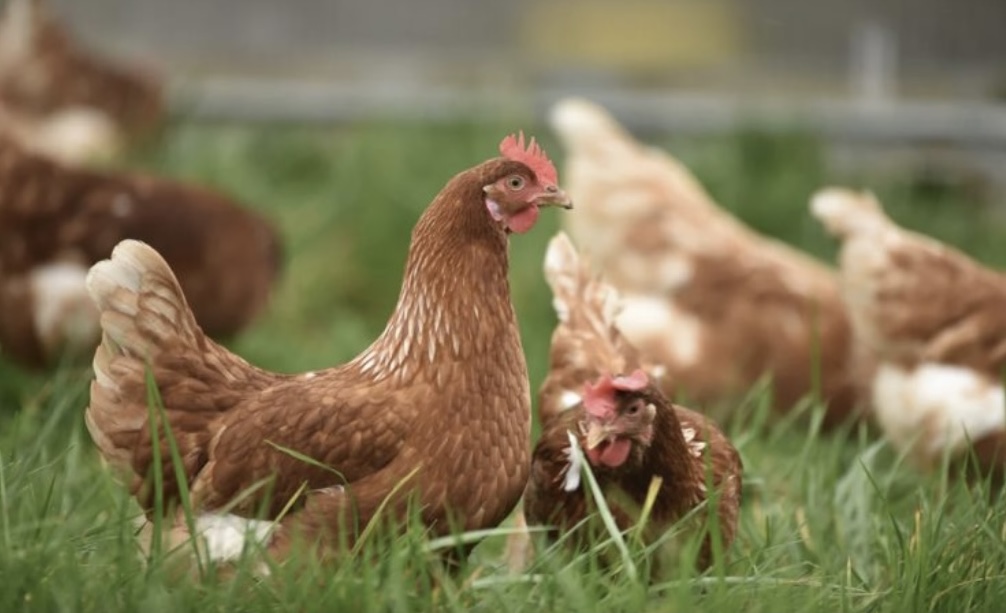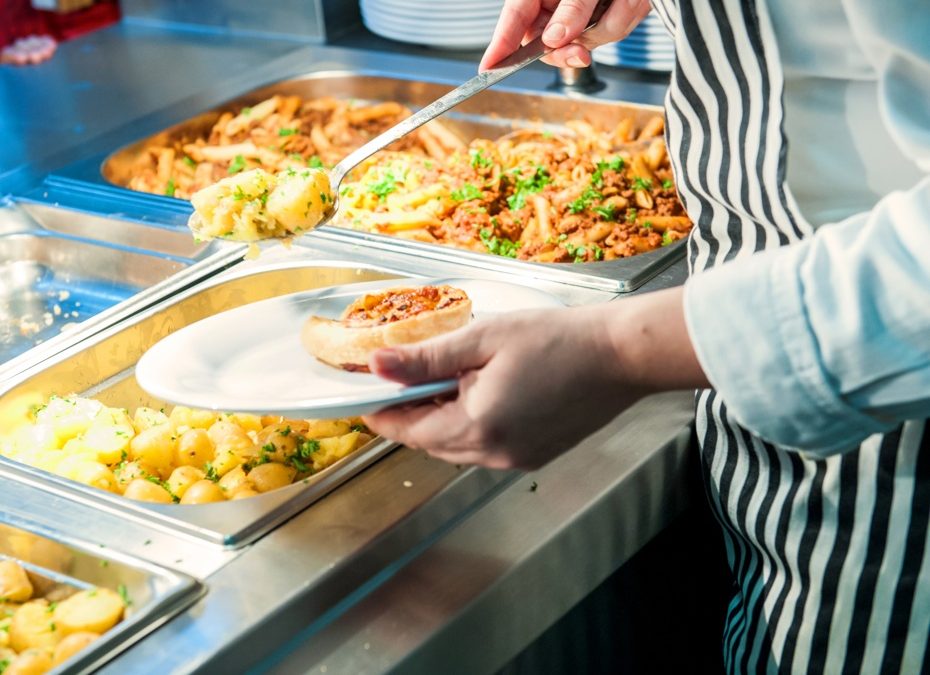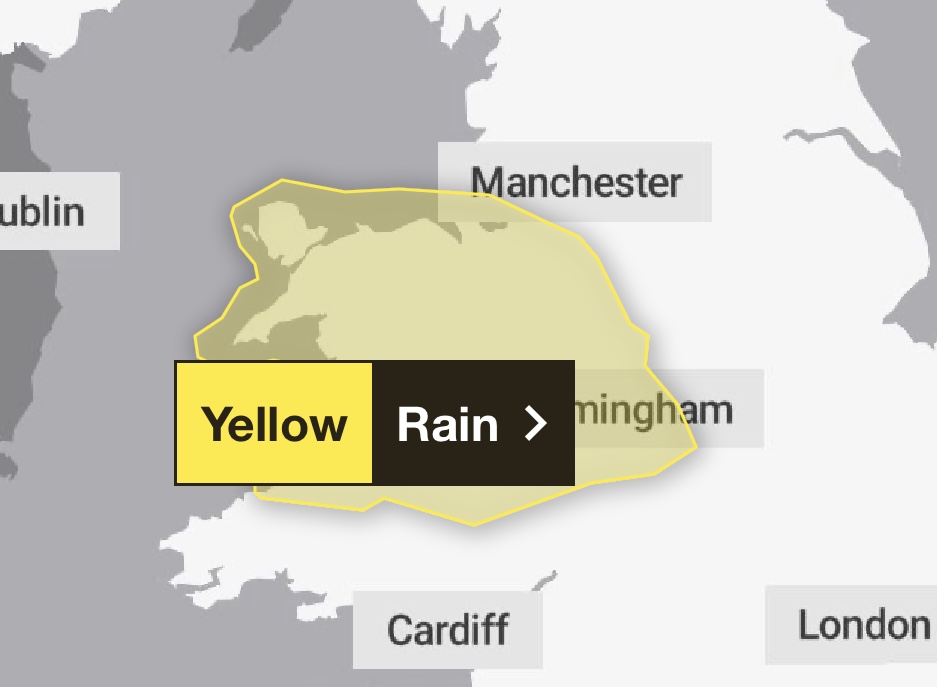An avian influenza prevention zone (AIPZ) was brought into force at midday, Monday 17 October 2022.
This means it is now a legal requirement for all bird keepers, small and large, to follow the new strict biosecurity measures to help prevent the disease spreading to more poultry and other domestic birds.
Avian influenza circulates naturally in wild birds. When they migrate to the UK from mainland Europe they can spread the disease to poultry and other captive birds.
Keepers with more than 500 birds need to comply with the minimum and enhanced biosecurity measures. These are to:
- Restrict access for non-essential people on their sites
- Ensure workers change clothing and footwear before entering bird enclosures
- Ensure site vehicles are cleaned and disinfected regularly to limit the risk of the disease spreading
Backyard owners with smaller numbers of poultry, including chickens, ducks and geese, must comply with the minimum biosecurity measures. They must also take steps to limit the risk of the disease spreading to their animals. The key measures are to:
- Keep domestic ducks and geese separate from other poultry
- Ensure the areas where birds are kept are unattractive to wild birds, for example by netting ponds, and by removing wild bird food sources
- Feed and water their birds in enclosed areas to discourage wild birds
- Minimise movement into and out of bird enclosures
- Cleanse and disinfect footwear and keep areas where birds live clean and tidy
- Reduce any existing contamination by cleansing and disinfecting concrete areas, and fencing off wet or boggy areas
- Keep free ranging birds within fenced areas; ponds, watercourses and permanent standing water must be fenced off (except in specific circumstances, eg, zoo birds)
Bird keepers should visit the government webpage for full details.
Councillor Ange Tyler, cabinet member for housing, regulatory services and community safety says:
“Herefordshire Council asks keepers of poultry and captive birds in the county to look out for any signs of disease in their birds and any wild birds. If you have any concerns, please report them immediately to the Animal and Plant Health Agency(APHA). You can help prevent avian flu by following the government requirements and maintaining good biosecurity on your premises.
“The UK health agencies say the risk to public health from the virus is very low. The UK food standards agencies say avian influenza poses a very low food safety risk for consumers. Properly cooked poultry and poultry products, including eggs, are safe to eat.”
The introduction of the AIPZ comes after continuing cases in kept poultry and birds confirmed in the UK and will be in place until further notice. It will be kept under regular review as part of government’s work to monitor the threat of bird flu.
Poultry keepers and members of the public should report dead wild birds to the Defra helpline on: 03459 33 55 77.
Keepers should report any suspicion of disease to APHA on: 03000 200 301.
More details are on the council’s webpage.




